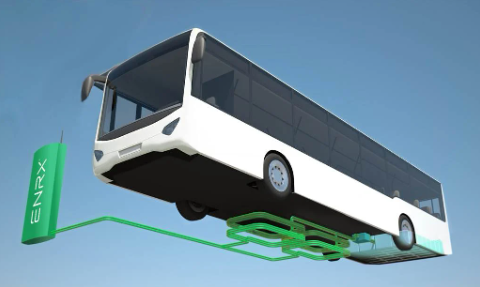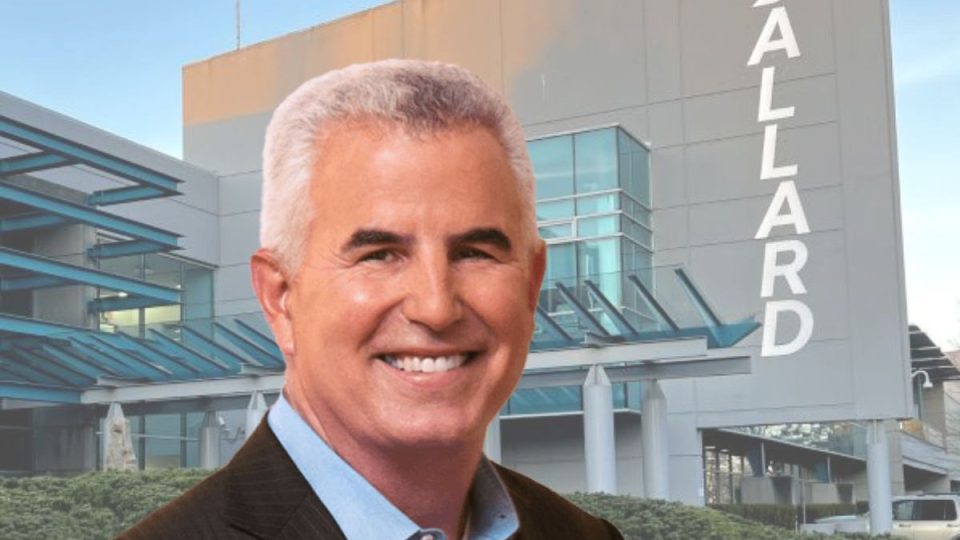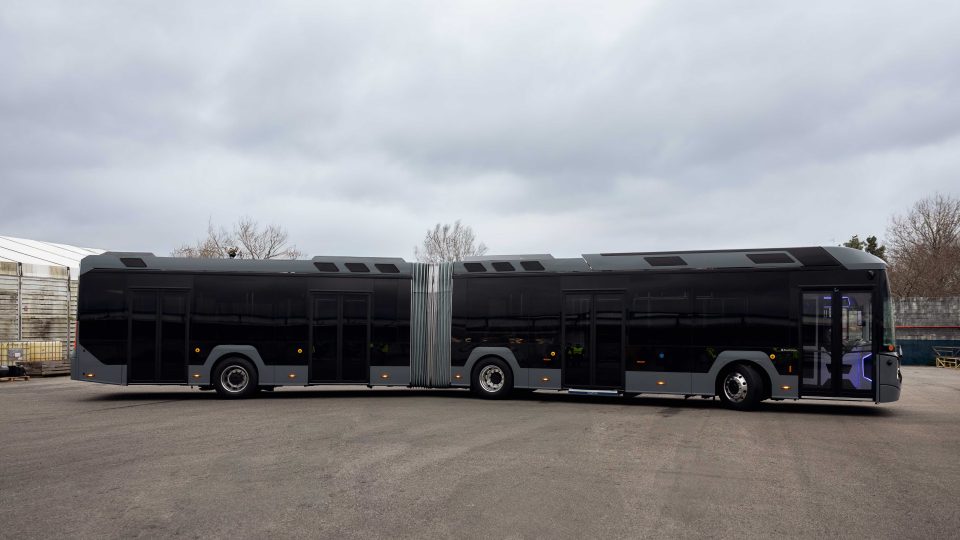Inductive charging: ENRX, the right energy to drive sustainable transportation
Inductive charging is one of the challenges of the energy and electric transition revolution. In a nutshell: the ability for electric vehicles (buses, trucks and vans) to charge the battery while on the road, thanks to a wireless induction charging system integrated to the roadbed. One pioneering project is Italy’s Arena del Futuro Brebemi, an […]

Inductive charging is one of the challenges of the energy and electric transition revolution. In a nutshell: the ability for electric vehicles (buses, trucks and vans) to charge the battery while on the road, thanks to a wireless induction charging system integrated to the roadbed.
One pioneering project is Italy’s Arena del Futuro Brebemi, an experimental initiative with Iveco and Iveco Bus (an E-Way is starring in the tests) as two industrial partners and ABB and Electreon as suppliers of the charging technology, launched on this very occasion. Stellantis, Mapei, Anas, University of Parma, and Politecnico di Milano (Professor Dario Zaninelli was among the speakers) the other partners in the project.
At the forefront of the inductive charging front is ENRX, a global green technology company with a mission to accelerate the pace toward a sustainable future, offering induction heating, charging and energy transfer systems with little or no carbon footprint, technologies that bring value to manufacturing and mobility applications worldwide. ENRX develops stand-alone equipment and integrated systems in the areas of induction heating, wireless induction charging, and contactless power supply.
ENRX’s technology serving mobility
In the field of mobility, ENRX plays a relevant role in the self-driving vehicle segment with dynamic wireless powering for free-running, fixed-pattern driverless shuttles.
AGVs range from small and versatile autonomous intelligent robots to large purpose-built vehicles. ENRX offers wireless induction charging and contactless power to AGVs, providing flexibility: charging on the run or at a station when idling or overnight. The absence of charging cables means no obstructions for other AGVs, forklifts or people and no wear and tear.

Bus (and truck) side, where bus and truck charging system is critical to the life of expensive batteries and also determines their size, ENRC plays a leading role with a wireless energy transfer system capable of maximizing transportation performance without having to carry tons of batteries.
Charging facilities can be installed at one or both ends of a route, to recharge batteries or as overnight charging in a depot.
The range is called Charge Heavy-Duty and represents our of wireless induction charging systems. The products are easy to install and reliable even in the most adverse ground and weather conditions, including ice, sand, and snow. Charging is fully automatic and trouble-free and requires no specific qualifications or training. The absence of moving parts or exposed contacts ensures long-lasting operation.








